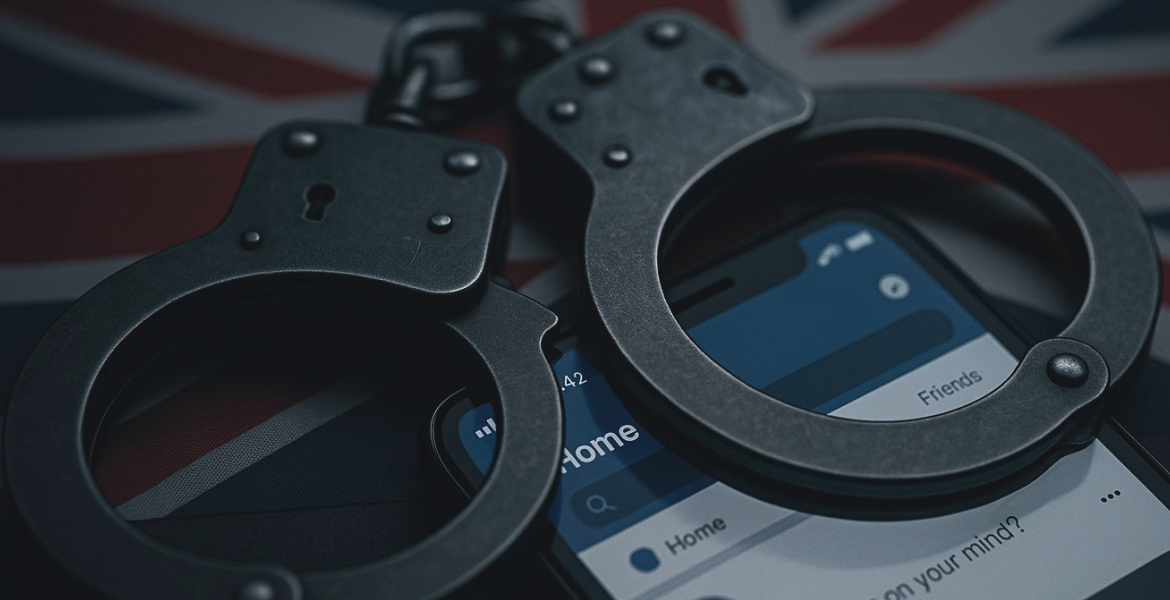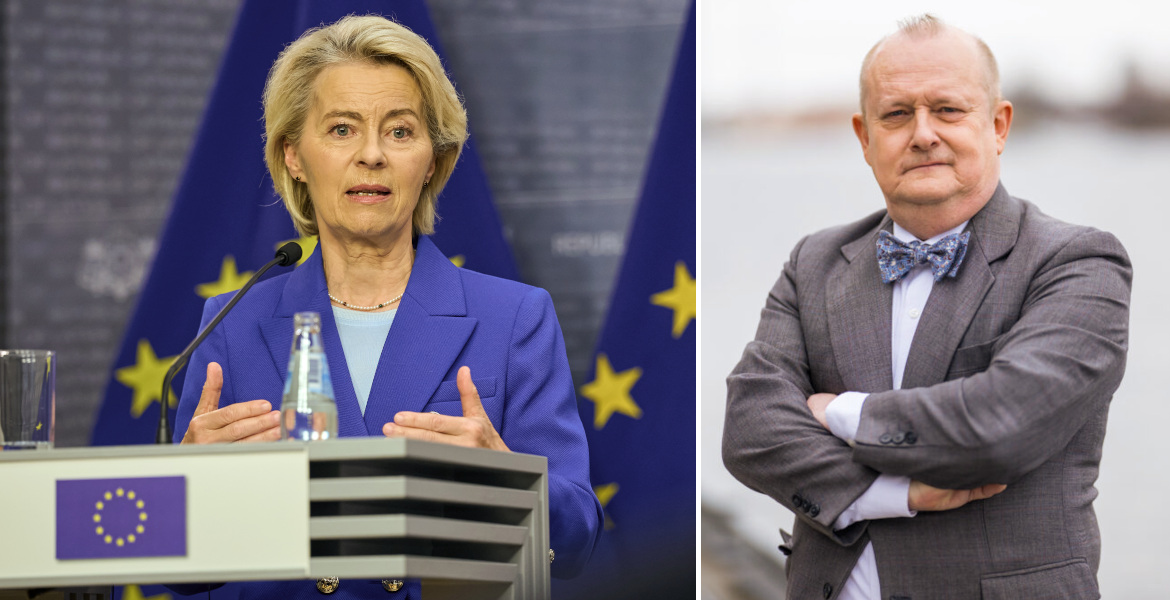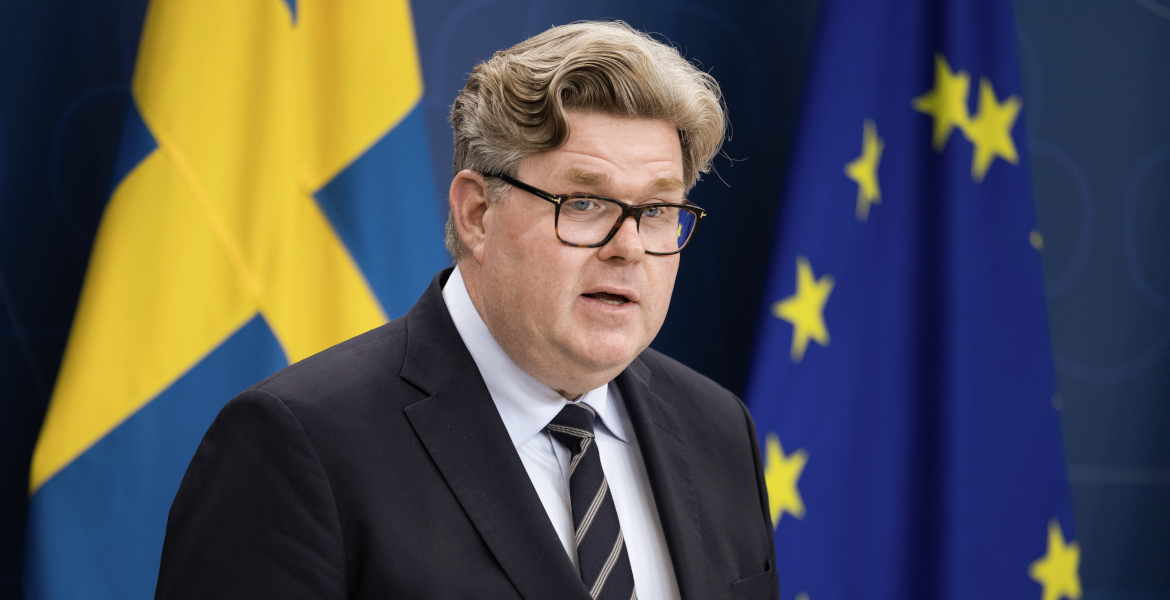The signs of democratic decline in the UK are growing. Citizens are now being arrested in their tens of thousands for alleged crimes of opinion on social media, while freedom of expression continues to be curtailed in the country.
Western leaders often use Russia as a cautionary example of anti-democratic laws targeting the country's citizens, while more and more countries in the West are themselves tightening the screws on the right to speak and write freely.
Hate crime laws are being used more and more frequently in the UK to silence popular discontent, according to an article in Tablet Magazine from March 2025, among other sources. According to a recent report by the free speech organization The Free Speech Union, the police make around 12,000 arrests annually for content on social media that is deemed "offensive". This figure also marks a 58 percent increase since 2019.
Official statistics from the UK also show a clear trend. In 2023, 145,214 hate crimes were recorded, according to government data. The figure fell slightly to 140,561 in 2024, but arrests for social media posts continued to rise.
Politicians in the UK, including the current government, defend the increasingly harsh laws on the grounds that so-called minorities must be protected.
In the UK, you will be arrested and thrown in jail for posting criticism of mass immigration, grooming gangs, or offending trans people on social media. pic.twitter.com/vVT2n7Pz1v
— Ian Miles Cheong (@stillgray) December 8, 2024
Legislation such as the Communications Act 2003 and the Malicious Communications Act 1988 underlies many interventions. These laws prohibit posts, messages, and expressions that may be considered grossly offensive or threatening.
– Police make 30 arrests a day for offensive online messages, states The Free Speech Union in its analysis.
Britain is now arresting up to 30 people every day for online speech-related offenses. No jokes, no memes, no criticism that could be deemed “transphobic” or racially insensitive allowed. pic.twitter.com/kSIxKwUk3s
— Ian Miles Cheong (@stillgray) April 22, 2025
Unlike many other countries, the United Kingdom also has no formal constitution protecting freedom of expression.
The Human Rights Act 1998 (HRA) is intended to guarantee fundamental rights, including the right to freedom of expression under Article 10 of the European Convention on Human Rights. However, the HRA does not have the same constitutional status and can be amended or repealed by ordinary legislation.
The Malicious Communications Act 1988 (MCA) is a UK law that prohibits sending or delivering messages, letters or other items with the intention of causing alarm or distress to the recipient. The Act applies to both physical and electronic communications, including social media posts.
Under this law, it is illegal to send messages that are:
- Greatly offensive or indecent
- Threatening
- False and deliberately disseminated to mislead or harm
.For a person to be convicted, the prosecution must prove that the intention was to cause the recipient alarm or distress. The penalty can be a fine or imprisonment up to two years.
The Communications Act 2003, in particular section 127, extends the rules to electronic communications networks and prohibits sending messages that are:
- Greatly offensive, indecent, obscene or menacing
- intended to cause annoyance, inconvenience or needless alarm
.The mental aspect of this law is broader, meaning that it is enough that the person should have realized that the message could be offensive or risk offending the recipient.




